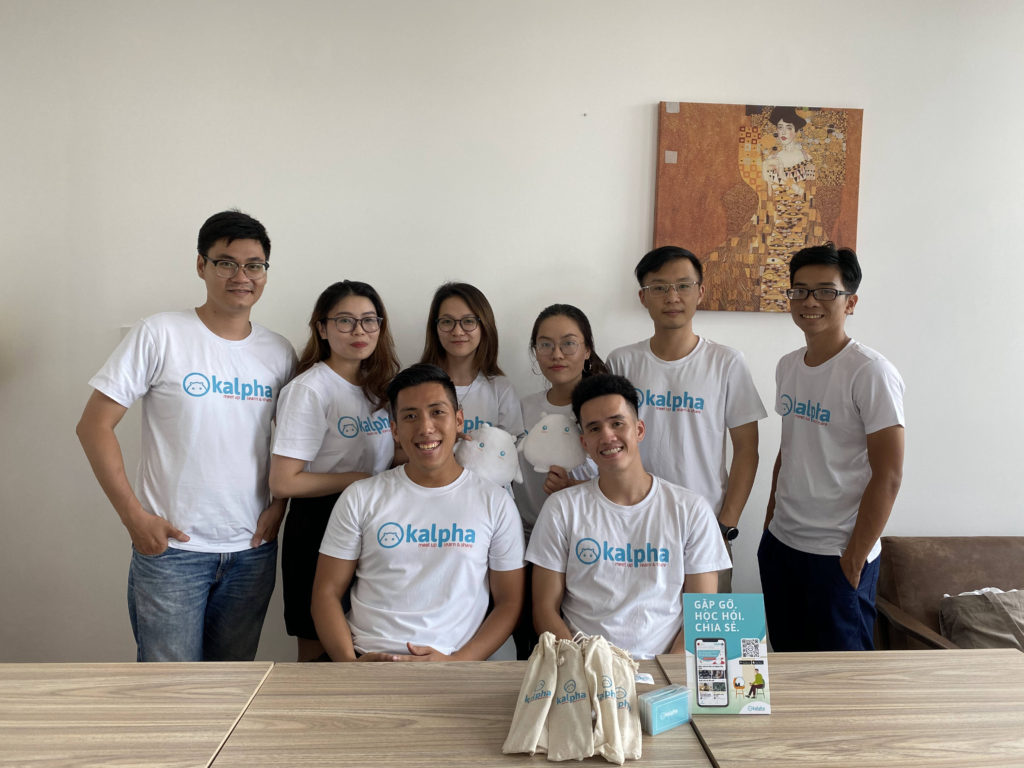Across Southeast Asia, cram schools are aplenty. In the past decade, edtech firms have cropped up to serve a similar purpose while eliminating the need for students to visit instructional centers in person. As of July 2021, 371 edtech startups have been founded in Singapore, according to Tracxn, far outnumbering Indonesia’s 210 and the Philippines’ 82 firms.
On average, parents of primary, secondary, and university students in Singapore spend SGD 155–255 (USD 115–190) per month on tuition. And, 52% of these parents are willing to go into debt to fund their children’s education, according to an HSBC report (external download). To tap into that household expenditure, successful edtech firms deploy a set of strategies to pull ahead of the competition.
One leading Singapore-based edtech service provider, Geniebook, has taken on more than 120,000 users since its launch in the country in 2017. Most of its students are primary and secondary school students. Neo Zhizhong, CEO of Geniebook, told KrASIA that “staying focused on building a personalized product and effective learning experience” keeps the company ahead of the curve, with a diverse team of some 300 employees working across offices in Singapore, Indonesia, Vietnam, and further afield.
A key aspect of Geniebook’s competitiveness—a move that was revolutionary in Singapore’s edtech scene—was the integration of AI technology in its platform. “We have built a unique suite of three complementary learning products that allows us to help students directly,” said Neo. Geniebook first developed personalized worksheets, called GenieSmart, by implementing proprietary algorithms that identify students’ strengths and weaknesses. This targeted practice helped students improve their grades rapidly. Geniebook then organized live online classes and a chat client that connects teachers with their students.
Edtech platforms need to incorporate automated processes to remain competitive, and the deployment of AI has supercharged Geniebook’s offerings. The efficiency of this particular use case has garnered recognition from investors: Geniebook raised SGD 1.5 million (USD 1.1 million) in a pre-Series A funding round led by Apricot Capital in May 2019, just two years after its launch.
According to data provided by Geniebook, the number of its overseas registered users surged by 1,000% since the regional outbreak of COVID-19 in March 2020. It is one of the 22 AI-powered Singaporean edtech companies, which span a variety of areas, from mobile-based English instruction platforms for young children, to VR-based surgical training offered by Kyalio.
Running an independent edtech business in Singapore, however, is not always a bed of roses. Singapore is streamlining edtech services for primary to pre-university education with the Student Learning Space, an online learning platform designed by the Ministry of Education to encourage “self-directed and self-paced learning” for students.
It is part of Singapore’s EdTech Plan, for which the government seeks to build a range of “collaborative networks” for students while enhancing partnerships with parents and stakeholders to support learning. Outsourced work is inevitably concentrated in the hands of a few top players, making it more difficult for other firms to garner business.
Public sector contracts aside, the pandemic was an unanticipated dimension that has come to shape how edtech firms operate. While service providers like Geniebook saw a surge in consumers moving online, others have been less fortunate. Jack Soh, a co-founder of Kalpha, an edtech company that connects people for learning opportunities, said that the onset of COVID-19 led to a 7% drop in sales from March to June in 2020.
“As our product is geared towards face-to-face meetups, COVID-19 social distancing restrictions immediately hit Kalpha,” Soh said. Moving Kalpha’s framework online took several months, but business has since stabilized. For Kalpha, adaptation to the conditions that COVID-19 created was essential for its survival.

With new infrastructure that connects people online, Kalpha made the decision to enter a new market—Vietnam. Kalpha’s services went live in the country in 2020, and their user numbers surged by more than 100,000 within three months. “We found that people in Vietnam were more receptive to the app than in Singapore, possibly owing to their culture of greater openness to meeting up in person,” Soh added. Kalpha observed that users in Vietnam were four times more likely to take part in meetups than those in Singapore, significantly boosting the company’s business.
Soh also explained that a central aspect to Kalpha’s differentiation as an edtech company is its willingness to “expand into a variety of verticals” to offer different modes of learning for its users. Unlike online platforms like Duolingo, a language instruction platform, Kalpha is designed to connect people who want to learn a wide range of skills, from martial arts to writing.
At present, Kalpha has 130,000 users—28,000 in Singapore and some 102,000 in Vietnam. The company has formed partnerships with private learning centers, schools, and vocational training centers, offering subscriptions through these ties to shore up its pool of clients.
Both Geniebook and Kalpha recognized the necessity to operate in regional markets beyond Singapore. They had to adapt their offerings to fit local culture and consumer expectations, especially since different countries have different education systems and curriculums. To manage this move, Neo said the way to localize is to “scale with a globally recognized option.”
Successful Singapore-based edtech companies are able to manage overarching business direction while making location-specific adjustments to fit each regional market. This is how original ideas propagate across Southeast Asia so that well-designed platforms continually reach new users.
Read this: Indian edtech decacorn Byju’s buys US-based coding startup Tynker to strengthen presence overseas
